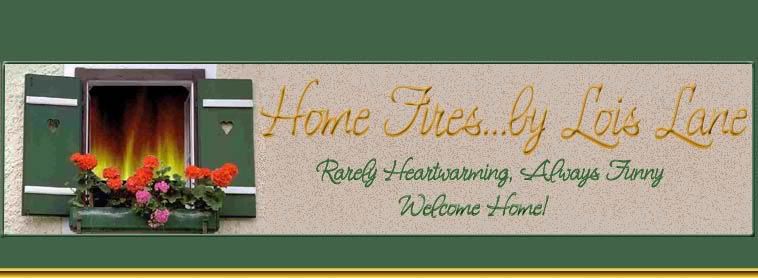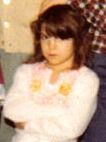Wise Beyond Her Years
Lane 2 was playing Harvest Moon on her Game Cube, which is like a farming kid's version of Sims, and she yelled, "Mom! I'm getting married!"
Mr. Lane gave me a concerned look. I yelled back, "That's great honey!"
Not having any idea what was going on, Mr. Lane went with the don't ask don't tell policy, and stared blankly into his coffee cup.
A few minutes later, I went into her room and asked how it was being married.
She said, "Just like in real life Mom, they treat it like it's just any other day. "
After a weekend of catching up on blogs, I'm pretty sure my eyeballs are going to fall out. Did you know there are more than a hundred and fifty bloggers in my favorites? I think I am caught up with most of you. Did I miss yours? Drop me a line to let me know. I am having trouble keeping track of everyone. What? Use my Blogroll or Bloglines? Hahaha, that is just silly.
Haiku Hullabaloo took 34% of the contest vote. I received three entries over the weekend. The contest deadline is April 3. That gives you one week to e-mail your entry to me at Home_Fires@comcast.net please do not leave your entry in the comments. All haikus will be posted on the blog and you readers will get to vote for your favorite. I will also accept prize suggestions by e-mail or in the comments.
Wikipedia defines haiku: is a mode of Japanese poetry, a late 19th century revision by Masaoka Shiki of the older hokku, the opening verse of a linked verse form, haikai no renga . A traditional hokku consists of a pattern of approximately 5, 7, and 5 morae, phonetic units which only partially correspond to the syllables of languages such as English. It also contains a special season word (the kigo) descriptive of the season in which the renga is set. Hokku often combine two (or rarely, three) different elements into a unified sensory impression, with a major grammatical break (kire) usually at the end of either the first five or second seven morae. These elements of the older hokku are considered by many to be essential to haiku as well, although not always included by modern writers of Japanese "free-form haiku" and of non-Japanese haiku. Senryu is a similar poetry form that emphasizes humor instead of seasons.
Simple, right?



